New technology works best when everyone commits to it — 2020 is the year everyone is committing to 5G connectivity. A ton of support from carriers and smartphone companies is going to flood the market with 5G-capable phones this year. 5G isn't everywhere (yet), but if you live in a place with a 5G network, these are the best 5G phones you can buy — starting with our top pick, the Galaxy S20+.
Best Overall: Samsung Galaxy S20+
You used to have to buy a specific Galaxy S model that had 5G, but now with the S20 series every phone has 5G, so our top 5G recommendation is the same as our overall recommendation: the Galaxy S20+. The S20+ is a great all-around phone, with a display that has a super-smooth 120Hz refresh rate, a large 4500mAh battery, tons of RAM, and a new Snapdragon 865 processor.
Samsung made big moves this year with its cameras, which were a weak spot in the last generation. The new sensors are all larger, letting in more light and taking dramatically better low-light photos. It's not quite on the level of the Pixel 4 XL, but this is a big step up for Samsung and is no longer a shortcoming. You also get capable zooming up to 5X, while keeping an ultra-wide camera for more shooting variety.
The Galaxy S20+ supports 5G on all U.S. carriers, both Sub-6 and mmWave, even when you buy the unlocked model, and that makes it incredibly well-suited to stick with you for a long time.
Pros:
- Best-in-class display
- Good battery life
- Exceptional performance
- Great all-around cameras
- 5G for all carriers, even unlocked
Cons:
- Expensive for 128GB of storage
- Camera zoom much weaker than S20 Ultra
- Slow fingerprint sensor
- No headphone jack
Best Overall
Samsung Galaxy S20+
$1000 at Amazon $1200 at Samsung
Samsung's excellent all-rounder has 5G and few compromises
The S20+ has a great screen, top-end specs, a strong array of cameras and feature-packed software. And you get 5G on any carrier.
Upgrade Pick: Samsung Galaxy S20 Ultra
As you'd expect from the name, the Galaxy S20 Ultra takes a step up from the S20+. It runs on all of the same specs and offers the same core capabilities, but has an even larger display at 6.9 inches and a matching larger battery at 5000mAh. That gives you just a bit more room to see and do everything, with about 10% longer battery life in the process.
The Ultra also uses that extra space (and cost) to give you better cameras, with a 108MP main camera that's capable of taking even brighter photos, and a telephoto camera that can reach out and grab great shots up to 10X — and decent ones at 15X. The trade-offs for these extra capabilities are overall size and price. The S20 Ultra is huge, and almost 20% heavier than the S20+; it's also notably more expensive, which is tough to handle when the S20+ is already spendy.
It's great that you can choose between the S20+ and S20 Ultra based on their core merits and prices with no difference in 5G connectivity, though. Choose the right phone for you, and you can get the latest networking in either case.
Pros:
- Massive high-quality screen
- Huge battery
- Super-sharp main camera shots
- Solid zoom camera up to 15X
- 5G connectivity for all carriers
Cons:
- Great battery limited to 60Hz mode
- Necessarily big and heavy
- Slow fingerprint sensor
- No headphone jack
- 30X+ zoom is a gimmick
Upgrade Pick
Samsung Galaxy S20 Ultra
Samsung goes all-out with the biggest battery, screen and cameras for the Ultra.
A notch above the S20+ — all of the same qualities, but with an even bigger screen and battery, plus improved cameras.
Best For Less: OnePlus 8 Pro
The OnePlus 8 Pro is impressive and well-designed as any high-end smartphone can be. If you know anything about OnePlus phones, you'll be happy to know it doesn't upend the traditional OnePlus formula. Instead, it extends it to its logical place in the world of 2020 flagships with more features and a higher price.
The hardware goes toe-to-toe with any phone out there, and it's punctuated by the best display OnePlus has ever used. It's bright, colorful and has a 120Hz refresh rate. Inside, there are exceptional specs, and that leads to amazing performance thanks to the super-smooth OxygenOS software — it's just a joy to use.
The 8 Pro also brings the best cameras yet to a OnePlus phone, with a new main sensor that steps up its game to a true flagship level. The entire camera experience is a small step behind the likes of the Galaxy S20+, but then again it's also a little less expensive. That's really where the 8 Pro fits in. It's a true flagship experience top to bottom, for just a bit less money than the traditional players with big brand names.
When you're focused on 5G, the one shortcoming here is network compatibility. The OnePlus 8 Pro doesn't support mmWave 5G at all, so you can't use it on Verizon's 5G network nor most of AT&T's network. On T-Mobile you'll get access to a majority of its 5G network, since it's built on Sub-6 technology, but even there you miss out on its up-and-coming mmWave expansion.
Pros:
- Large, beautiful 120Hz display
- Greatly improved main and wide-angle cameras
- Excellent battery life
- OxygenOS is best-in-class Android software
- Wireless charging and IP68 rating
Cons:
- Much more expensive than before
- 5G limited to T-Mobile and some of AT&T
- Telephoto camera isn't good
- Some software and camera bugs still present
Best For Less
OnePlus 8 Pro
$900 at OnePlus $1000 at Amazon
A great overall phone, but one that comes up short in 5G compatibility
The OnePlus 8 Pro is an impressive and well-designed phone that doesn't upend the traditional OnePlus formula.
Best Value on Verizon: OnePlus 8
OnePlus didn't change much in the 8 coming from the 7T, but it didn't really need to. You get a fresh hardware design that keeps it more in line with the 8 Pro, plus a bump in specs and 5G with the same great basics. You get a good 90Hz display, great battery life, consistent camera performance, and amazing software.
In keeping its price relatively affordable in the scheme of high-end flagships, you had to miss out on a couple of things. The cameras didn't improve from the 7T, and in some ways got worse — you lose a telephoto camera, and gain a dedicated macro shooter that isn't of much use. Unlike the 8 Pro, there's no wireless charging here. At the same time, you have to deal with the fact that OnePlus is charging more than it did six months ago for effectively this same experience.
Still, if you want to dip your toe into 5G with a higher-end phone, but don't want to spend top dollar, this is the way to go. You can get full 5G support on Verizon, unlike the OnePlus 8 Pro, and it doesn't break the bank. Just remember: to get 5G support on Verizon, you must buy the phone specifically from Verizon.
Pros:
- Fantastic software experience
- 5G and excellent specs for the money
- Consistent camera performance
- Sleek and solid hardware
- Excellent battery life
Cons:
- No wireless charging
- Minimal improvements over 7T
- No zoom camera and bad macro camera
Best Value on Verizon
OnePlus 8
A cheaper alternative, and the only OnePlus phone with Verizon 5G
The OnePlus 8 is a 7T with a few new specs, 5G, and a larger battery. Even at its higher price, it still represents incredible value compared to top-end phones.
Best For Less on AT&T: LG V60
The LG V60 doesn't necessarily stand out in any specific area, but is instead a well-rounded high-end phone at a competitive price. It's large, and has software and a display that feel a bit stuck in the past, but those are marginal issues. Elsewhere you'll see the phone looks and feels nice, has incredible battery life, solid cameras, a headphone jack and a really good spec sheet.
There's great value here for about $900, when the comparable Galaxy S20+ has a suggested price $300 higher. And because LG and AT&T are motivated to have a more affordable 5G phone on the network, you can often get incredible deals from the carrier if you buy on an installment plan — as much as half off in some cases.
Pros:
- Incredible battery life
- Good speakers and headphone jack
- Solid-feeling hardware
- Capable cameras
- Complete spec sheet
Cons:
- Very large and cumbersome
- Software is stuck in the past
- 1080p 60Hz display with big bezels
- Dual Screen has limited use
Best For Less on AT&T
LG V60
A solid 5G pick on AT&T if price is a factor
The V60 offers you most of what you'd get in a Galaxy S20+ for hundreds less. It lacks some of the details, but has good specs, nice hardware and great battery life.
Dedicated Hotspot: Inseego 5G MiFi M1000
If you want 5G speeds, but for multiple devices and not necessarily on your phone, you may be interested in a dedicated 5G hotspot device. Hotspots are useful if you routinely want to connect your laptop or other Wi-Fi devices to the cellular network, but don't want to constantly drain your phone's battery running its hotspot. And dedicated hotspots also often have better network reception, offering a more consistent connection.
Right now, the one to get for this need is the Inseego MiFi M1000 from Verizon. Inseego brings a traditional hotspot design to Verizon's mmWave 5G network. That network isn't huge yet, which is one reason why you may not care about your phone's 5G capabilities, but the hotspot is ready to go for the future when you do have access to it — and in the meantime, it has robust 4G support and plenty of other features.
Dual-band Wi-Fi 5 should be able to keep up with the network and provide all the speed you need in connected laptops or tablets. The 4400mAh battery keeps this device running throughout your workday.
Pros:
- Long battery life
- Fast 5G and LTE
- Compact
Cons:
- Small display
- No Wi-Fi 6
Dedicated Hotspot
Inseego 5G MiFi M1000
A fast and relatively compact 5G hotspot
The Inseego 5G MiFi M1000 supports Verizon's mmWave 5G network, but is small enough to easily fit in a bag or pocket. It also supports 4G for nationwide flexibility.
These are premium phones for enthusiasts
5G coverage is growing, but it isn't yet to the point where we can unequivocally say that you have to get a 5G phone. At the same time, 5G phones are pretty darn expensive, even as they start to enter the mainstream. That means we're still at the point where these 5G phones are primarily for enthusiasts who want to have the latest and greatest — and are willing to spend extra for it.
For those who want to get to the best network speeds, the Galaxy S20+ is a clear winner — because it's just a great overall phone that happens to have 5G connectivity. You don't choose the Galaxy S20+ because it has 5G, but because of its great hardware, display, specs and cameras. Having 5G for now — and more importantly for a year from now — is just a great side benefit.
Credits — The team that worked on this guide
![]()
Samuel Contreras is a writer covering networking and 5G at Mobile Nations. He spends most of his time researching computer components and obsessing over what CPU goes into the ultimate Windows 98 computer. It's the Pentium 3.
![]()
Andrew Martonik is the Executive Editor, U.S. at Android Central. He has been a mobile enthusiast since the Windows Mobile days, and covering all things Android-related with a unique perspective at AC since 2012. For suggestions and updates, you can reach him at andrew.martonik@androidcentral.com or on Twitter at @andrewmartonik.
from Android Central - Android Forums, News, Reviews, Help and Android Wallpapers

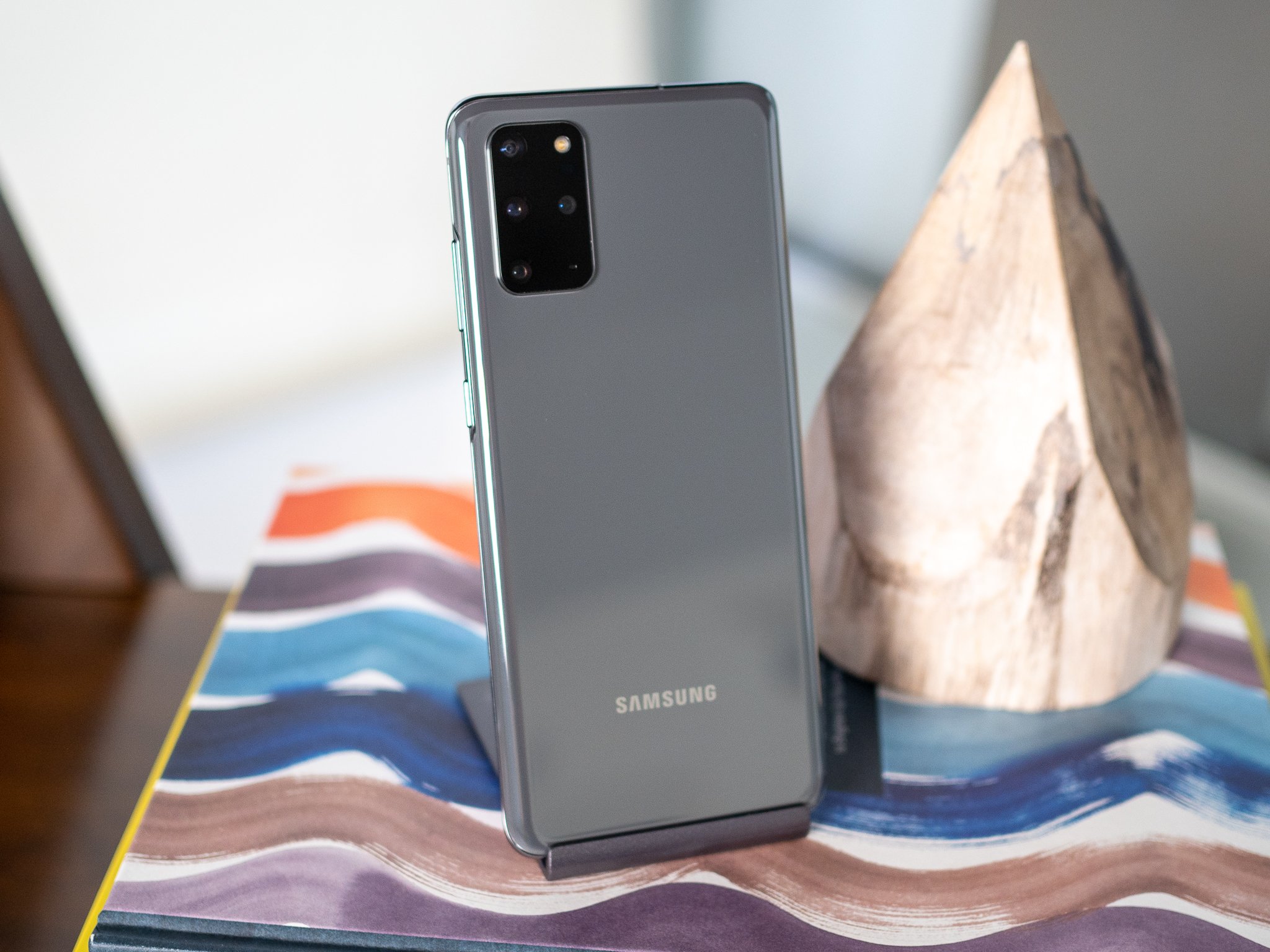
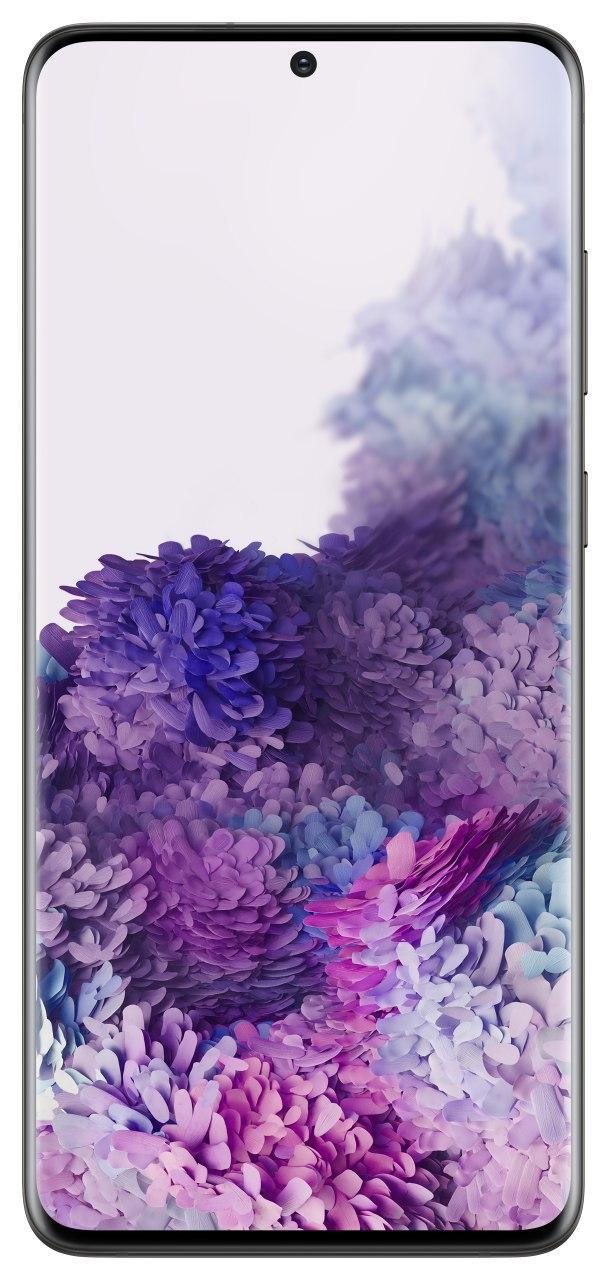

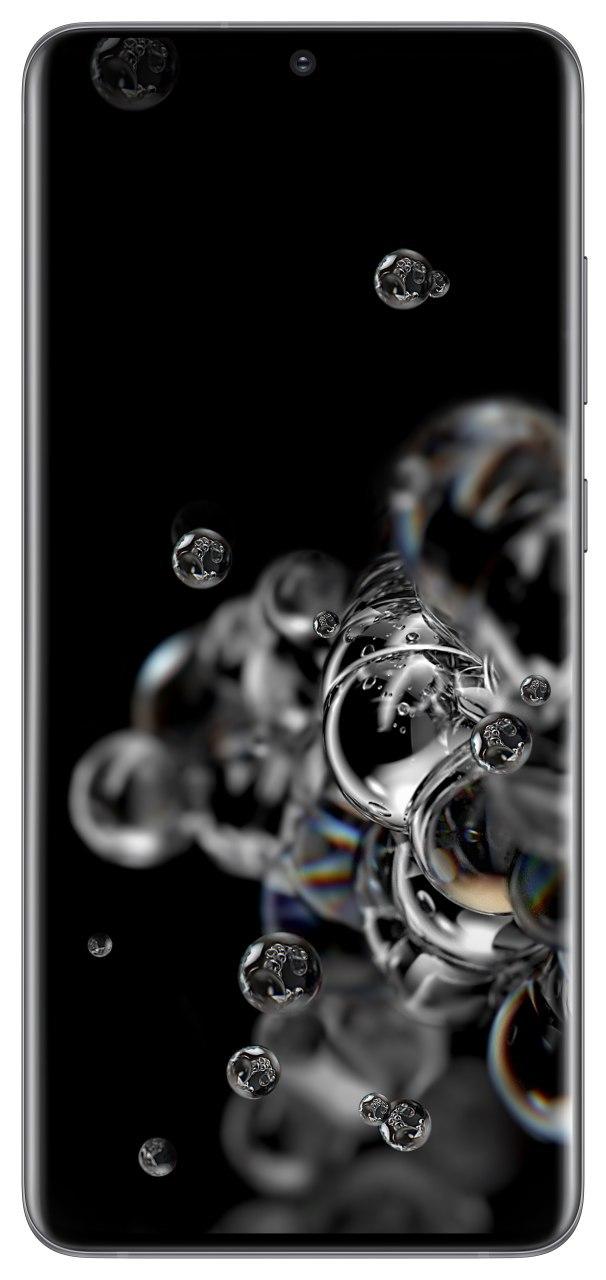
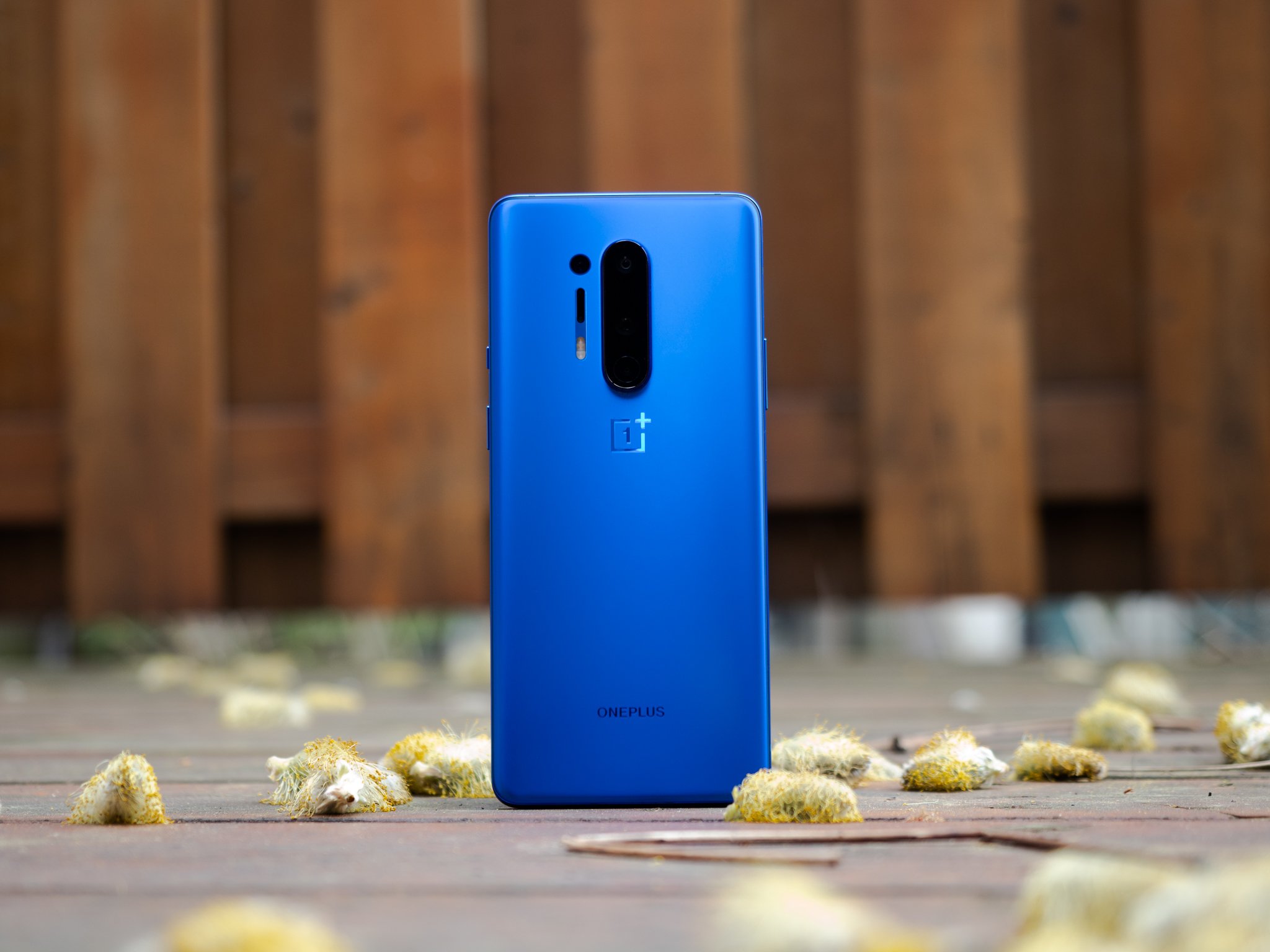
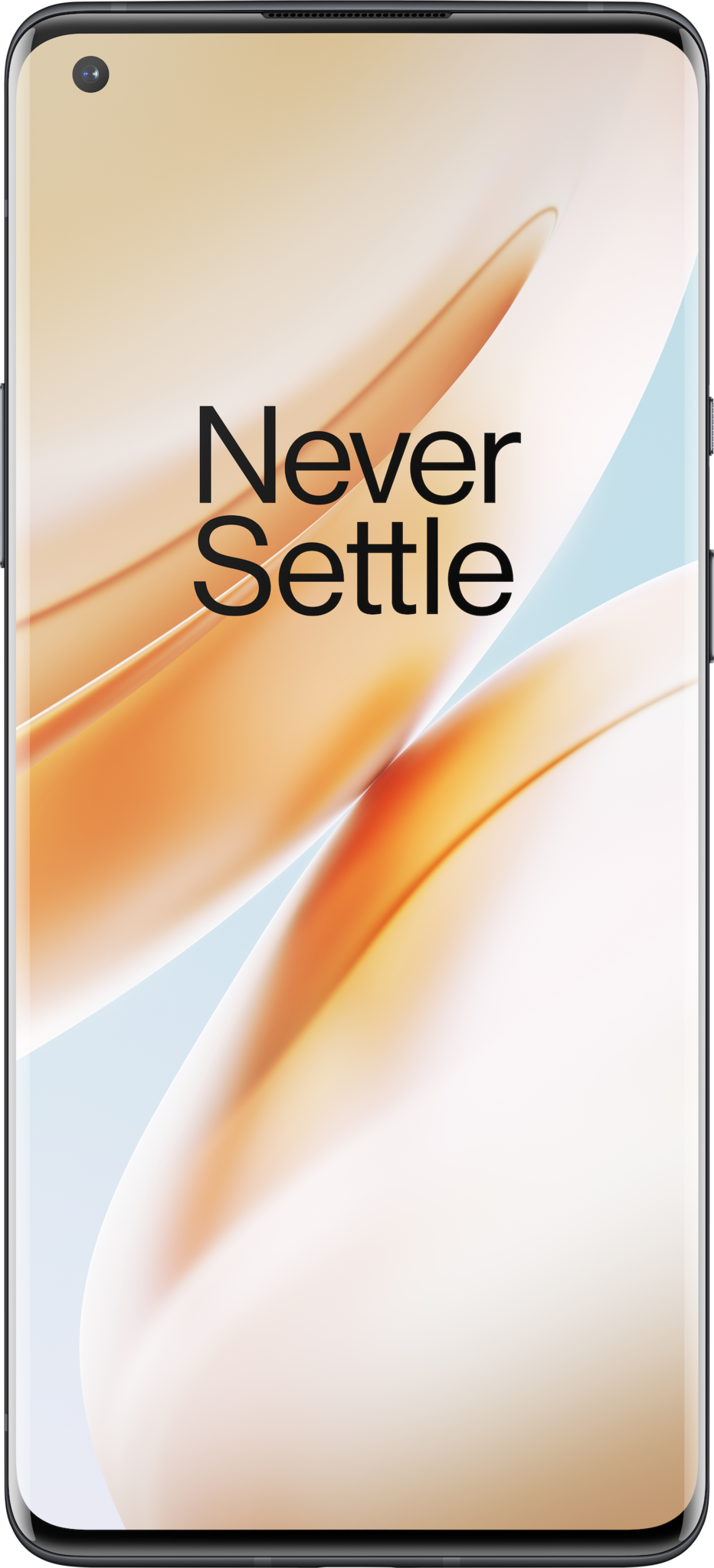

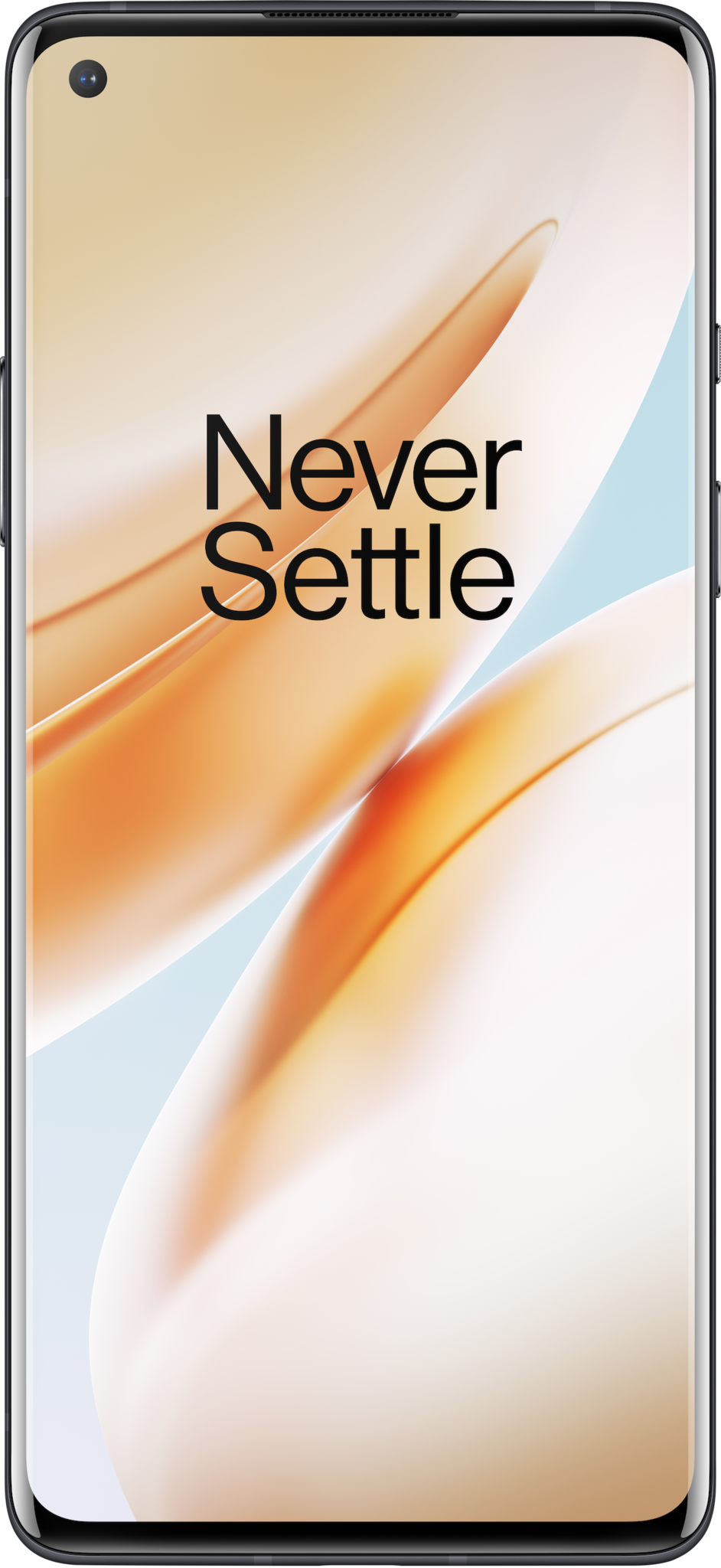
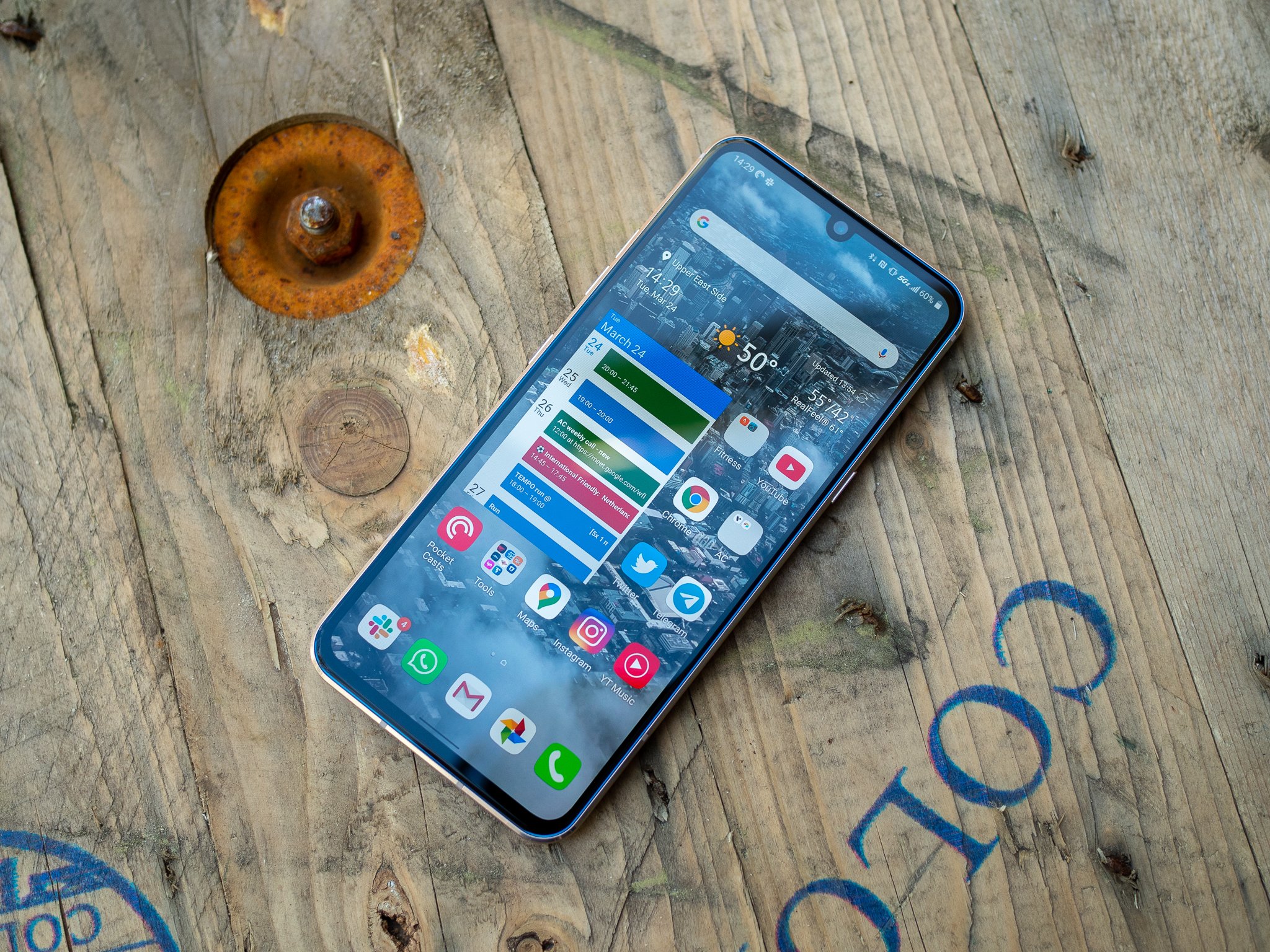
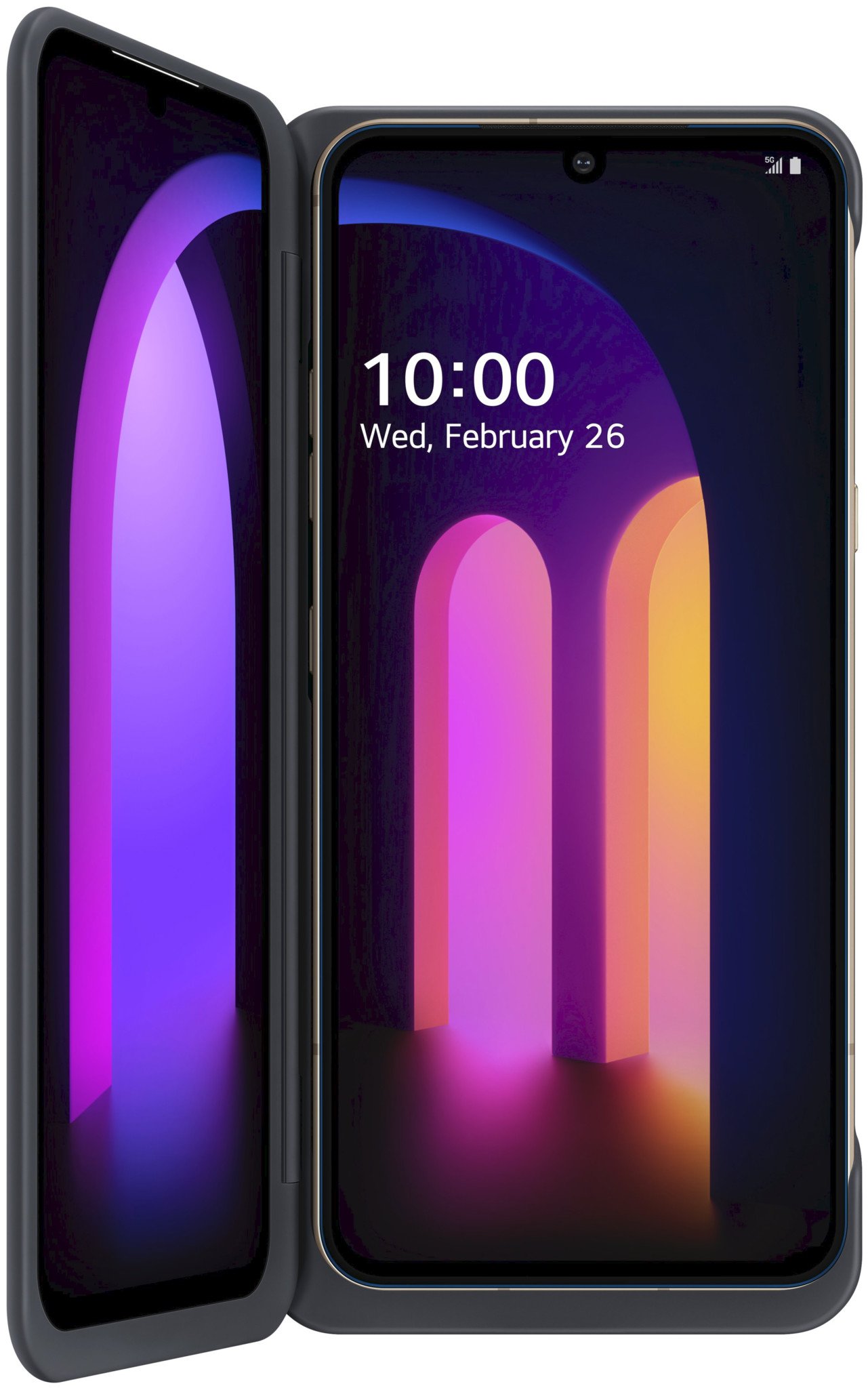



0 comments: